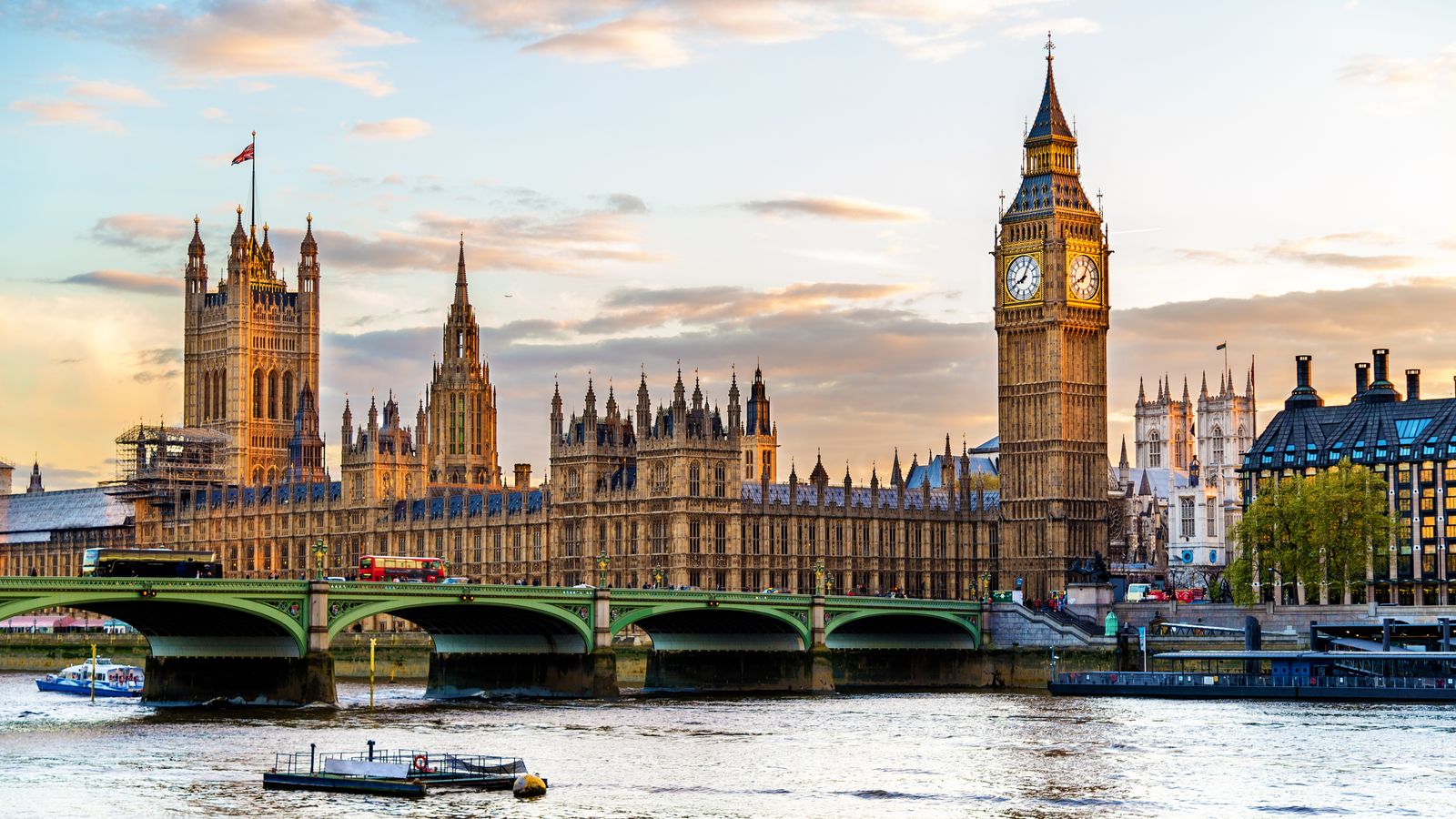Politics
MPs set for above inflation pay rise to nearly £94,000

MPs Set for Above-Inflation Pay Rise to £93,904 Annually
Members of Parliament (MPs) in the United Kingdom are poised to receive an above-inflation pay rise, with their annual salary set to increase to £93,904 from April 2024. The proposed 2.8% pay rise, announced by the Independent Parliamentary Standards Authority (IPSA), the body responsible for setting MPs’ pay, will see their salary rise from £91,346 to £93,904 in the next financial year. This represents a significant increase of nearly £20,000 over the past decade, reflecting a sustained upward trend in parliamentary salaries. In addition to their basic salary, MPs are also entitled to claim expenses for staff costs, office expenses, accommodation, and travel.
IPSA’s Rationale for the Pay Increase
IPSA has justified the pay rise as being "in line with government pay recommendations for public sector workers." The authority considers a range of metrics when determining MPs’ pay, including national pay statistics, public sector rewards, its own pay principles, and the broader economic context. Richard Lloyd, Chair of IPSA, emphasized that the decision aims to be fair to both MPs and the public, stating, "Our pay proposal for 2025-26 reflects the experience of the wider working public sector population, and recognizes both the vital role of MPs and the current economic climate." Despite the rationale, the pay rise exceeds the current inflation rate of 2.5%, which is already above the Bank of England’s target of 2%.
IPSA’s Role and Historical Context
Since its establishment in 2011, following the 2009 MPs’ expenses scandal, IPSA has been tasked with ensuring transparency and accountability in setting parliamentary salaries. Historically, all of IPSA’s pay recommendations for MPs have been accepted without modification. The authority is required to review MPs’ salaries within the first year of a new parliament. However, due to the timing of the most recent general election in July 2023, IPSA has introduced this pay proposal as an interim measure. A further review and wider consultation on MPs’ pay are scheduled for July 2024, which will determine the salary structure from 2026 onward.
Public Reaction and Broader Economic Context
The announcement of the pay rise has sparked debate, particularly given the current economic climate. While IPSA has framed the increase as being aligned with public sector pay trends, critics argue that it may appear out of touch with the financial realities faced by many citizens. The 2.8% rise surpasses the current inflation rate of 2.5%, raising questions about whether MPs’ salaries should be shielded from economic pressures when other public sector workers may face stricter pay caps. Additionally, the cumulative increase of nearly £20,000 over the past decade highlights the long-term growth in MPs’ compensation, which may draw scrutiny in a period of austerity and budget constraints.
Historical Pay Trends and Future Prospects
The proposed pay rise follows a 5.5% salary increase for MPs in the previous financial year, further underscoring the upward trajectory of parliamentary salaries. While IPSA has emphasized the importance of maintaining fair compensation for MPs to reflect their critical role in governance, the timing of the increase has raised eyebrows. The authority has committed to a wider consultation in July 2024 to reassess how MPs’ pay is determined, potentially paving the way for a more responsive and equitable pay-setting mechanism. This consultation will be closely watched, particularly as public trust in political institutions remains a sensitive issue.
Conclusion: Balancing Fairness and Public Perception
In summary, MPs are set to receive a 2.8% pay rise, bringing their annual salary to £93,904 from April 2024. While IPSA has framed the decision as fair and in line with public sector pay trends, the increase has sparked debate given its above-inflation nature and the broader economic challenges faced by the country. As IPSA prepares for a further review and consultation on MPs’ pay, the authority will need to navigate the delicate balance between rewarding elected representatives fairly and maintaining public trust in the parliamentary compensation system. The outcome of this consultation will likely shape the future of MPs’ pay and its alignment with the expectations of the electorate.











